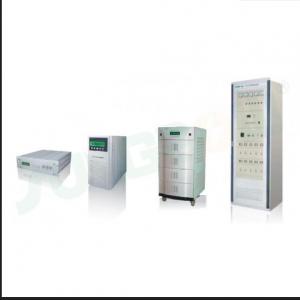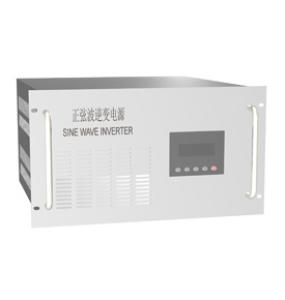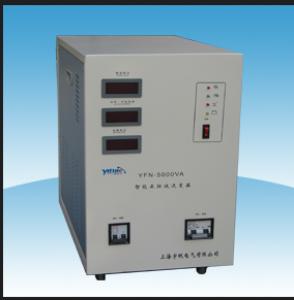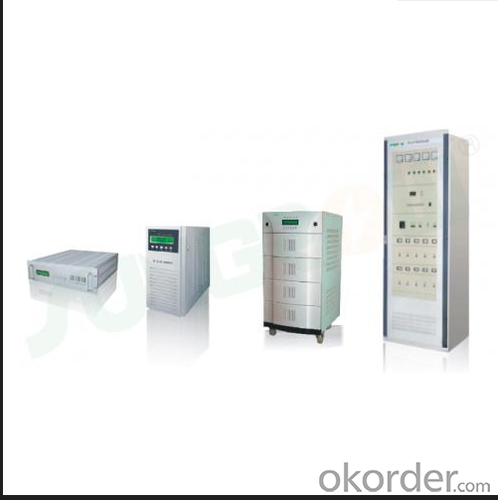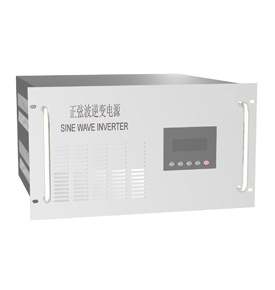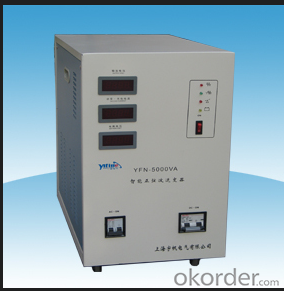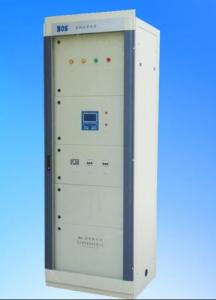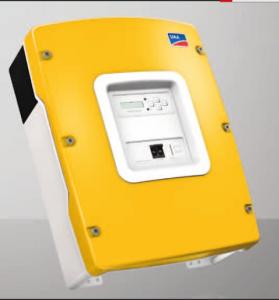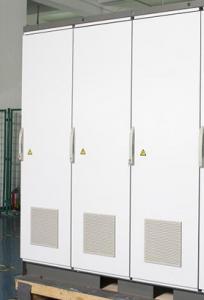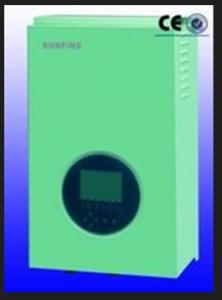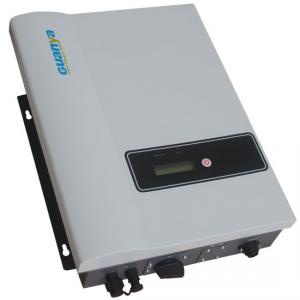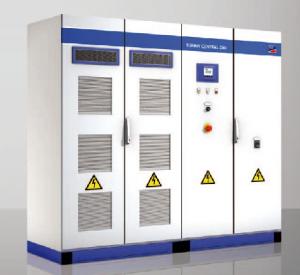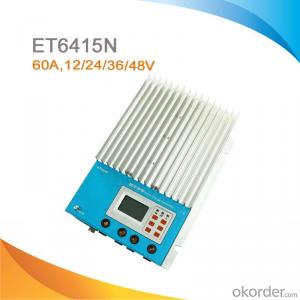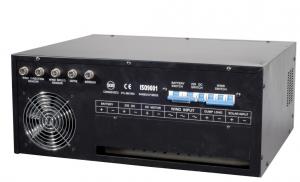Prostar Solar Controllers PV Off-Grid Inverter GN-2KDSL-22R with Good Quality
OKorder Service Pledge
OKorder Financial Service
You Might Also Like
Description:
CNBMSOLAR is a world-leading and Vertical integrated manufacturer of high-performance with Silicon,
Wafer, Cells, Modules, which convert sunlight into electricity for residential, commercial, and utility-scale
power generation.
The capacity of CNBMSOLAR is reach to 1GW, and make sure each year our shipment capacity is more
Than 700-800MWs, at the same time, we have set up the largest solar power station with our partner
in Ukraine.
CNBM is a Quality + Service oriented company with“Excellence at Each Step” approach, composed of
the finest components from TUV and IEC-certified partners around the world, CNBM modules consistently
undergo a variety of trials at the company’s Test & Development Centre, ensuring peak performance
capabilities. The company is committed to develop and provide the world with clean and renewable energy
to ease the energy shortages as well as human kind’s impact on the environment.
Data:
Model | GN-2KDSL-22R | ||
DC input | Rated Voltage(VDC) | 48Vdc | |
Low Voltage(VDC) | 43.2Vdc | ||
Low Voltage Resume (VDC) | 50.4Vdc | ||
Load Overvoltage(VDC) | 70Vdc | ||
Grid input | input rated voltage | 220Vac | |
Input Voltage range | 220Vac±15% | ||
Input frequency | 50Hz | ||
switching mode | Static switch optional,inverting priority | ||
switching time | <10ms | ||
AC output | rated capacity | 2kVA | |
rated power | 1.6kW | ||
rated output voltage | 220Vac | ||
Output voltage stable precision | 220±3%Vac | ||
Output frequency | 50Hz | ||
Output frequency precision | 50±0.2Hz | ||
overload ability | 120%,1 min | ||
output waveform | Pure sine wave | ||
THD | ≤5% | ||
Dynamic Response(0~100%) | 5% | ||
Power factor (PF) | 0.8 | ||
Crest Coefficient(CF) | 3:1 | ||
Inverter Efficiency | ≥80% | ||
Continuous running time | continuous running | ||
Insulation strength(inout and output) | 1500Vac,1min | ||
protection functions | DC voltage, dc current, voltage, utility line frequency, output voltage, output current, output frequency, output power | ||
display | LCD | ||
temperature | -20~+50℃ | ||
humidity | 0~90%(No condensation) | ||
Noise | ≤60(dB,1m) | ||
operating alititude | ≤3000m | ||
Reference Dimensions(d\w\h mm) | 420*483*177mm | ||
Reference weight(Kg) | 39kg | ||
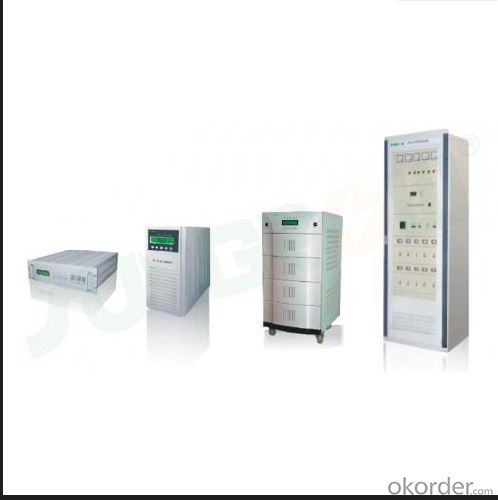
FAQ:Pls introduce more about CNBM
CNBM Group is short for China National Building Materials Group Corporation, which is established in 1984 with approval from the State Council
CNBM Group is the largest comprehensive building materials industry group in China
The Group has a total asset of over RMB 360 billion, more than 180,000 employees and 17 subsidiaries
- Q: Can a solar controller be used with solar-powered indoor recreational facilities?
- Solar-powered indoor recreational facilities can make use of a solar controller. This component is essential in a solar power system as it regulates the flow of electricity from the solar panels to the batteries. Its main function is to ensure efficient charging of the batteries and prevent any potential damage caused by overcharging. When it comes to solar-powered indoor recreational facilities like indoor swimming pools, gyms, or entertainment centers, the solar controller plays a crucial role in managing the energy generated by the solar panels. It helps optimize energy usage, store excess energy in batteries, and guarantee a continuous power supply even in low or no sunlight conditions. By incorporating a solar controller, these indoor recreational facilities can significantly reduce their reliance on traditional grid electricity, resulting in lower energy costs and a promotion of sustainability. Additionally, it enables them to operate independently from the grid, enhancing their ability to withstand power outages or other disruptions. All in all, including a solar controller in a solar-powered indoor recreational facility is a wise and environmentally friendly choice that can lead to long-term savings and various environmental benefits.
- Q: Can a solar controller handle fluctuations in solar panel output?
- Yes, a solar controller is designed to handle fluctuations in solar panel output. It regulates the flow of electricity from the solar panels to the battery or grid, ensuring a stable and consistent charge. It monitors the voltage and current from the panels and adjusts the charging parameters accordingly, allowing for optimal performance and protection against voltage spikes or drops.
- Q: Can a solar controller be used with a solar-powered sign?
- Yes, a solar controller can be used with a solar-powered sign. A solar controller helps regulate the charging and discharging of the batteries used in the solar-powered sign. It ensures that the batteries are charged efficiently and prevents overcharging or discharging, thus extending the lifespan of the batteries and optimizing the performance of the sign.
- Q: Can a solar controller be used with a solar-powered water filtration system?
- Yes, a solar controller can be used with a solar-powered water filtration system. A solar controller helps regulate the charging process of the solar panels and ensures that the batteries are properly charged and protected. It can also provide information on the system's performance and help optimize energy usage. This is beneficial for a solar-powered water filtration system as it allows for efficient and reliable operation, maximizing the system's capabilities.
- Q: Can a solar controller be used with solar panel boat mounts?
- Yes, a solar controller can be used with solar panel boat mounts. A solar controller is designed to regulate and optimize the charging process of the solar panels, ensuring efficient power generation and preventing overcharging of the batteries. It can be connected between the solar panels and the battery bank, regardless of the mounting system used.
- Q: Can a solar controller be used with a solar-powered CCTV system?
- Yes, a solar controller can be used with a solar-powered CCTV system. A solar controller helps to regulate and optimize the charging of the solar panels, ensuring maximum efficiency and safety. It also helps manage the power distribution to the CCTV system, protecting it from overcharging or discharging. Therefore, using a solar controller is essential for maintaining the reliability and longevity of a solar-powered CCTV system.
- Q: How does a solar controller handle variations in ambient light conditions?
- The purpose of a solar controller is to regulate and optimize the charging process of a solar panel system according to the surrounding light conditions. By utilizing advanced technology and algorithms, it efficiently manages fluctuations in light intensity and adapts the charging parameters accordingly. Monitoring the voltage and current produced by the solar panels is one of the main tasks of a solar controller. When there is ample sunlight, the controller recognizes higher voltage and current levels, indicating ideal charging conditions. Consequently, it adjusts the charging parameters to enable maximum power transfer from the panels to the battery, ensuring efficient charging. However, the solar controller must adapt as the ambient light conditions change to maintain optimal system performance. In low light situations, such as cloudy or overcast days, the controller identifies a decrease in voltage and current. In these instances, it reduces the charging parameters to prevent overcharging the battery, which could potentially cause damage or decrease its lifespan. On the other hand, during periods of high light intensity, such as sunny days, the controller detects an increase in voltage and current. To prevent overloading the battery, it modifies the charging parameters to limit the amount of power transferred, guaranteeing safe and efficient charging. Moreover, a solar controller may also incorporate additional features like temperature compensation to handle variations in ambient temperature. Since temperature affects the charging process, the controller adjusts the charging parameters to compensate for temperature fluctuations and maintain optimal charging conditions. In conclusion, a solar controller effectively manages variations in ambient light conditions by continuously monitoring and adjusting the charging parameters based on the voltage and current produced by the solar panels. This ensures efficient operation of the solar panel system, maximizes power transfer, and safeguards the battery from overcharging or other potential issues.
- Q: Can a solar controller be used with solar panels that are not facing directly towards the sun?
- Yes, a solar controller can still be used with solar panels that are not facing directly towards the sun. The purpose of a solar controller is to regulate and optimize the charging process of the batteries connected to the solar panels. While direct sunlight is ideal for maximum energy production, solar panels can still generate electricity even when not facing directly towards the sun. The solar controller will ensure that the energy harvested from the panels is efficiently stored in the batteries, regardless of the panel's angle towards the sun.
- Q: How does a solar controller prevent short-circuiting of solar panels?
- A solar controller prevents short-circuiting of solar panels by continuously monitoring the voltage and current flowing through the panels. It regulates the charging process, ensuring that the voltage does not exceed the maximum limit, which could lead to a short-circuit. Additionally, the controller incorporates protective mechanisms like fuses or circuit breakers that automatically disconnect the panels in case of a short-circuit, preventing any damage to the panels or the overall solar system.
- Q: What is the maximum charging current that a solar controller can handle?
- The maximum charging current that a solar controller can handle depends on its specifications and capabilities. Different solar controllers have different maximum charging current ratings, typically ranging from around 10 amps to 60 amps or more. It is important to consult the manufacturer's specifications or product documentation to determine the specific maximum charging current for a particular solar controller model.
Send your message to us
Prostar Solar Controllers PV Off-Grid Inverter GN-2KDSL-22R with Good Quality
OKorder Service Pledge
OKorder Financial Service
Similar products
Hot products
Hot Searches
Related keywords
